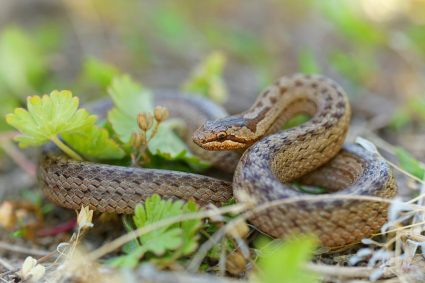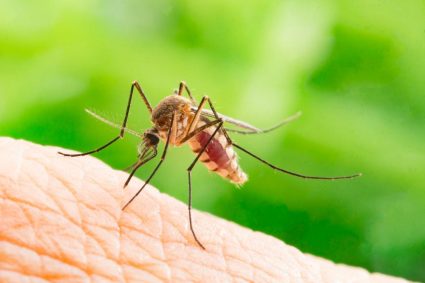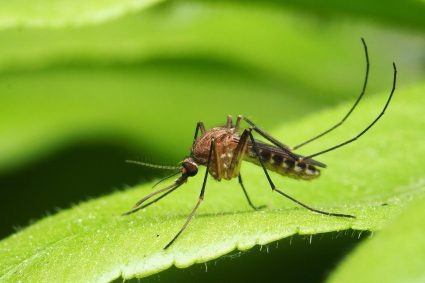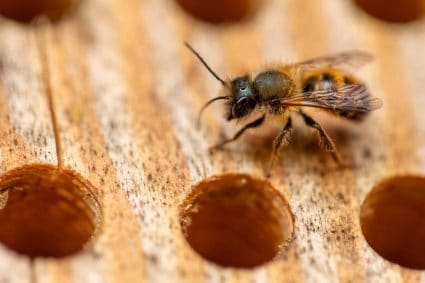
Cats are charming and lovable creatures, but when they make a habit of digging, scratching, and marking their territory in your flower beds, it’s time to take action. The good news is that you can keep cats out of your flower beds naturally without causing any harm to them or your plants. This comprehensive guide will provide you with various effective methods to deter cats from your flower beds.
To keep cats out of flower beds naturally, you can create an alternate cat toilet with catnip and a sand-style litter box, use citrus peels or plant cat-repelling plants such as lavender and rosemary. You can also create natural obstacles using plastic fencing or chicken wire, apply natural repellent sprays, use bird netting or floral wire, create a cat garden or sandbox, or use vinegar and essential oils. Always ensure your methods are safe and humane for the cats and your plants.
Creating an Alternate Cat Toilet
Cats are attracted to soft soil where they can do their business. By creating a designated area filled with catnip and a sand-style litter box, you can encourage cats to use this area instead of your flower beds. You can also make it more appealing by adding toys and a scratching post.
Using Citrus Peels
Cats have a strong aversion to the sharp smell of citrus peels. Scatter lemon, orange, or grapefruit peels around your flower beds to deter cats. However, it’s important to remember that citrus peels decompose and lose their potency fairly quickly, so they’ll need to be replaced frequently for ongoing deterrence.
Planting Cat-Repelling Plants
Certain plants are known to deter cats due to their strong smells. These include lavender, rosemary, rue, pennyroyal, curry herb plant, scaredy cat plant, citronella, lemon thyme, oregano, and geraniums. By planting these around your flower beds, you can create an invisible, scent-based barrier that cats will avoid.
Using Natural Obstacles
Cats prefer even ground and firm, smooth surfaces. You can deter them by creating an uncomfortable surface around your flower beds. This can be achieved by using plastic fencing or chicken wire, or by covering the area with gravel, stone, pebbles, or coarse rocks.
Applying Natural Repellent Spray
There are natural sprays available that use ingredients like cinnamon oil and thyme oil to deter cats. These sprays need to be reapplied often, especially after rain or wind. You can find these sprays at your local pet store or garden center or even make your own at home.
Using Bird Netting or Floral Wire
You can anchor sheets of plastic bird netting over newly planted beds to prevent cats from digging in freshly worked soil. Alternatively, you can cut heavy gauge floral wire into 10-inch pieces and insert them at regular intervals in seedbeds, window box perches, and anywhere cats like to laze and dwell.
Creating a Cat Garden or Sandbox
A semi-shaded garden bed with a soft mulch of grass clippings can make your cat forget it ever made goo-goo eyes at your roses. Fill this kitty Garden of Eden with safe edibles, including cat grass, catmint, or pansies. Alternatively, a sandbox isn’t a deterrent but a lure to give cats a new place to dig.
Using Vinegar and Essential Oils
White vinegar can be used either full-strength or diluted with water to repel cats. It can be sprayed around the edges of a garden, and on plants, fences, posts, and garden décor to keep cats away. Similarly, certain essential oils, such as cinnamon oil and thyme oil, can act as a natural deterrent to keep cats out of your garden.
Remember, these methods are safe and humane, and will keep the cats away without harming them or your plants. It’s also important to avoid using methods that may be dangerous for the animals or bad for the garden, such as mothballs and coffee grounds. Always ensure that any method you choose is safe and humane. With these tips, you can enjoy a cat-free garden while keeping your feline friends happy and safe.
Frequently Asked Questions
Can I use commercial cat repellents for my flower beds?
Yes, you can use commercial cat repellents. However, ensure that they are safe for both your plants and the cats. Always read and follow the product instructions.
How often should I replace the citrus peels in my garden?
Citrus peels should be replaced once they start to decompose and lose their scent. This is typically every few days, but it can vary depending on the weather and climate.
Will the cat-repelling plants harm my cat if they ingest it?
Most plants that are known to repel cats are not toxic to them, but it’s always best to research each plant and ensure it’s safe for your pets.
Can I use any type of vinegar for repelling cats?
While any type of vinegar can work, white vinegar is typically recommended because it’s less likely to harm plants.
Will the natural obstacles hurt the cats?
The natural obstacles mentioned in the article, such as plastic fencing, chicken wire, and gravel, are not intended to harm cats. They simply create an uncomfortable surface that cats prefer to avoid.











